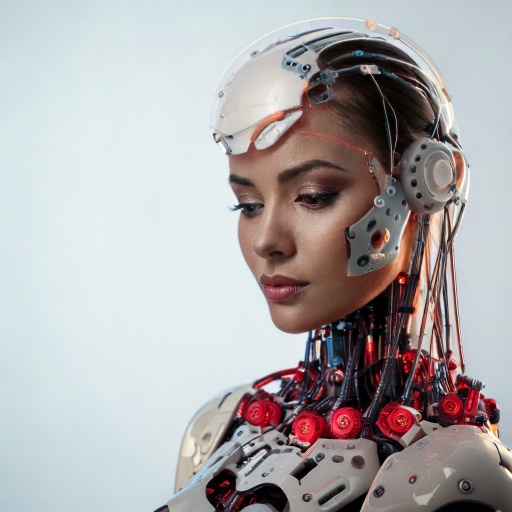Beijing 2024: How Intelligent Agents and Non-Human Workers Shaped the Olympics

In August 2024, Beijing witnessed a groundbreaking integration of technology at the Olympics, where Intelligent Agents and Non-Human Workers played pivotal roles in ensuring the event's success. From organizing logistics to enhancing the viewer experience, these Digital Employees were key to managing the complex demands of this global event. The significance of their involvement lies in the efficient handling of tasks that traditionally required human intervention, thus marking a shift towards a more automated and tech-driven future in large-scale events.
One of the most notable examples was the deployment of Intelligent Agents to assist in crowd management and safety monitoring. These AI-driven systems were capable of analyzing real-time data to make swift decisions, such as redirecting crowds to less congested areas, thereby reducing the risk of accidents. This was particularly crucial given the large number of attendees and the need for heightened security. The implementation of these systems underscores the increasing reliance on AI in ensuring public safety during major events.
Moreover, Non-Human Workers were employed to maintain cleanliness and sanitation throughout the venues, a critical factor in preventing the spread of illnesses in such a crowded environment. Equipped with advanced sensors and AI, these Digital Employees ensured that facilities remained spotless, contributing to a safer and more enjoyable experience for both athletes and spectators. This efficient and tireless workforce demonstrated how robotics and AI are revolutionizing traditional roles, offering reliable solutions in high-pressure situations.
The integration of these technologies at the 2024 Beijing Olympics is a clear indication of how future events might be managed. By adopting Intelligent Agents and Non-Human Workers, event organizers not only enhanced operational efficiency but also set a precedent for how technology can be harnessed to address complex logistical challenges. This development is a significant milestone in the broader trend of AI and robotics taking on roles that were once the sole domain of humans.
Key Highlights:
- Event Timing: The integration of technology took place during the August 2024 Beijing Olympics.
- Key Technologies: Intelligent Agents, Non-Human Workers, and Digital Employees were pivotal in managing the event.
- Crowd Management: Intelligent Agents helped manage crowd flow and safety by analyzing real-time data.
- Sanitation and Safety: Non-Human Workers ensured cleanliness and sanitation, preventing the spread of illnesses.
- Significance: The successful use of AI and robotics highlighted a shift towards automation in large-scale events, setting a precedent for future implementations.
Reference:
https://apnews.com/video/beijing-china-ebf85446ba204e43ae17e1f5ddb805bc


